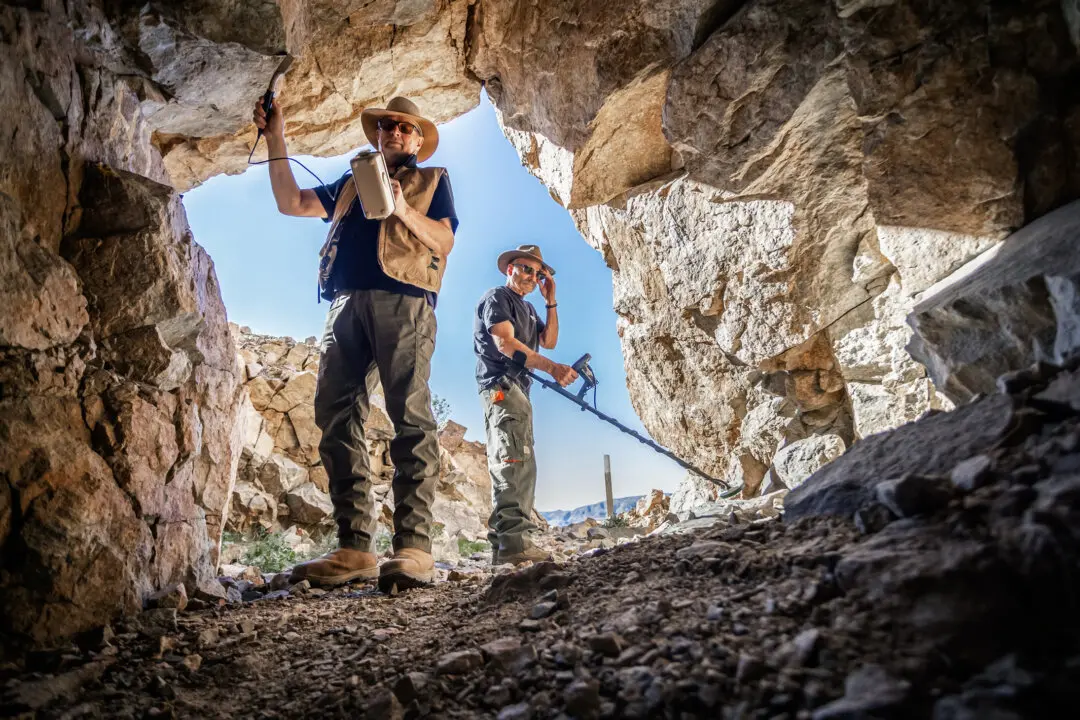Keene Engineering, based in Chatsworth, is part of the national defense supply chain. It supplies water pumps, suction dredging systems, and firefighting equipment to the U.S. military and other government agencies.
But recently, co-owner Patrick Keene sold breathing equipment—including special full-face oxygen masks, air line hose, and reserve oxygen tanks—to hospitals, at wholesale cost.





